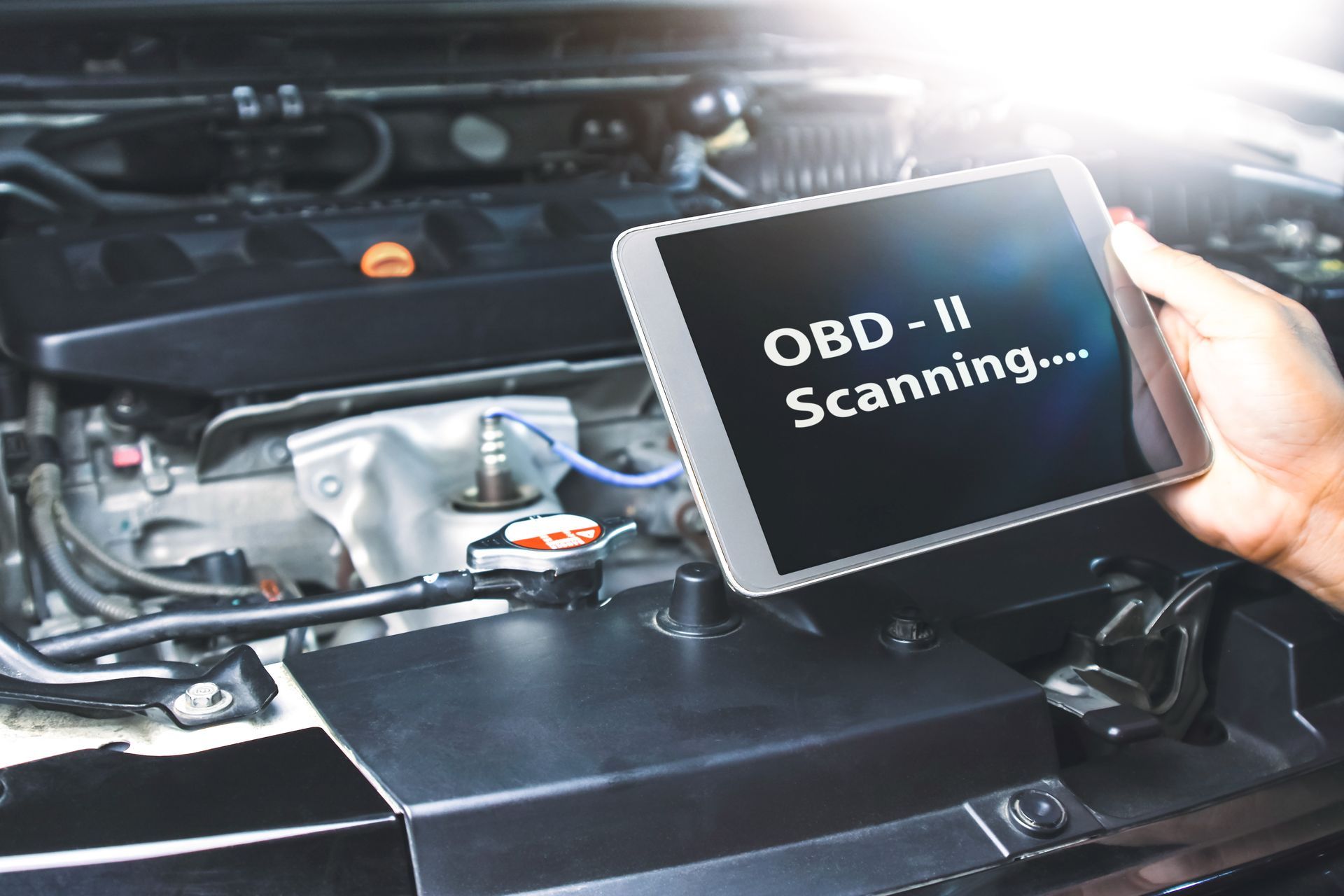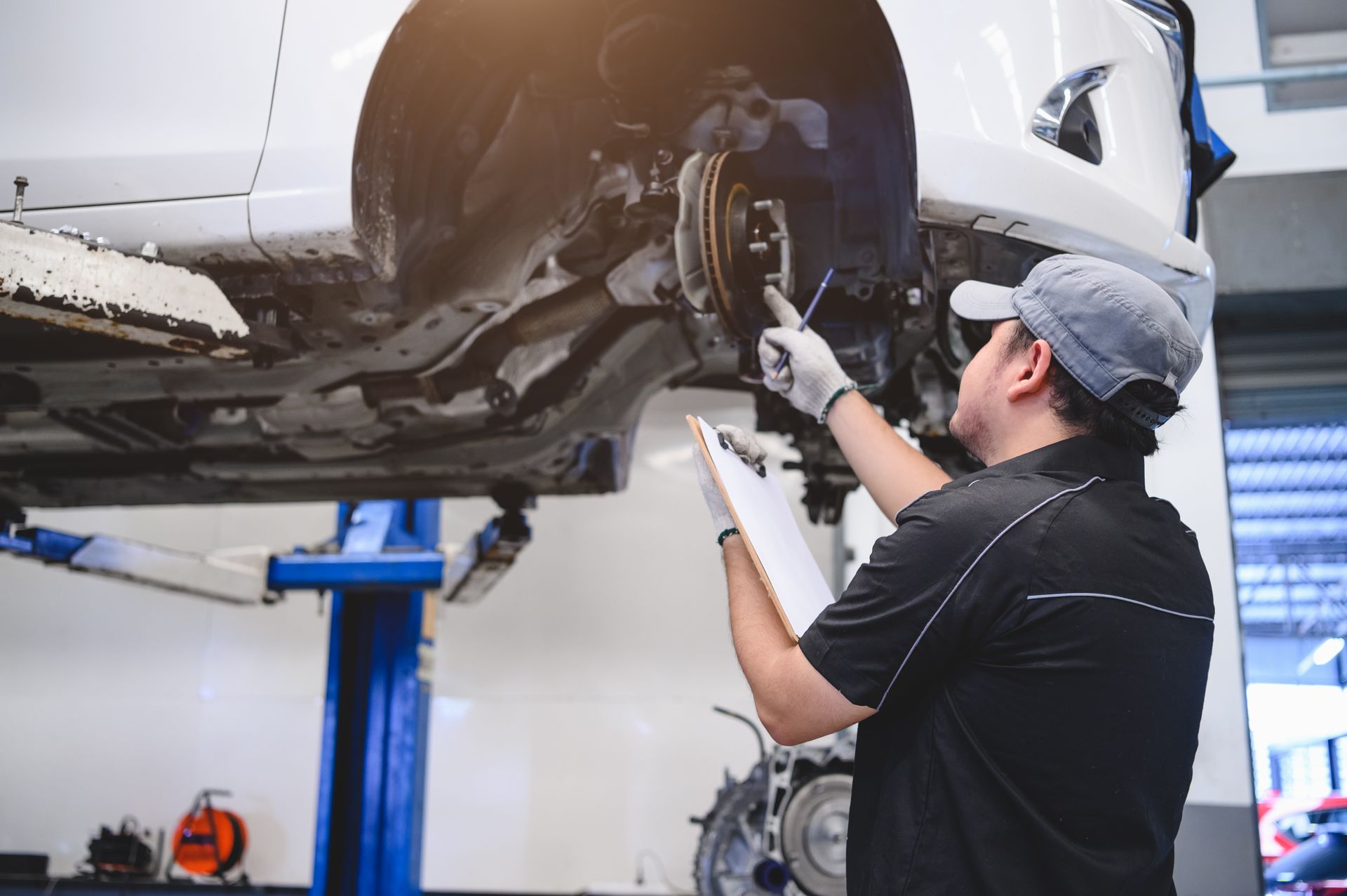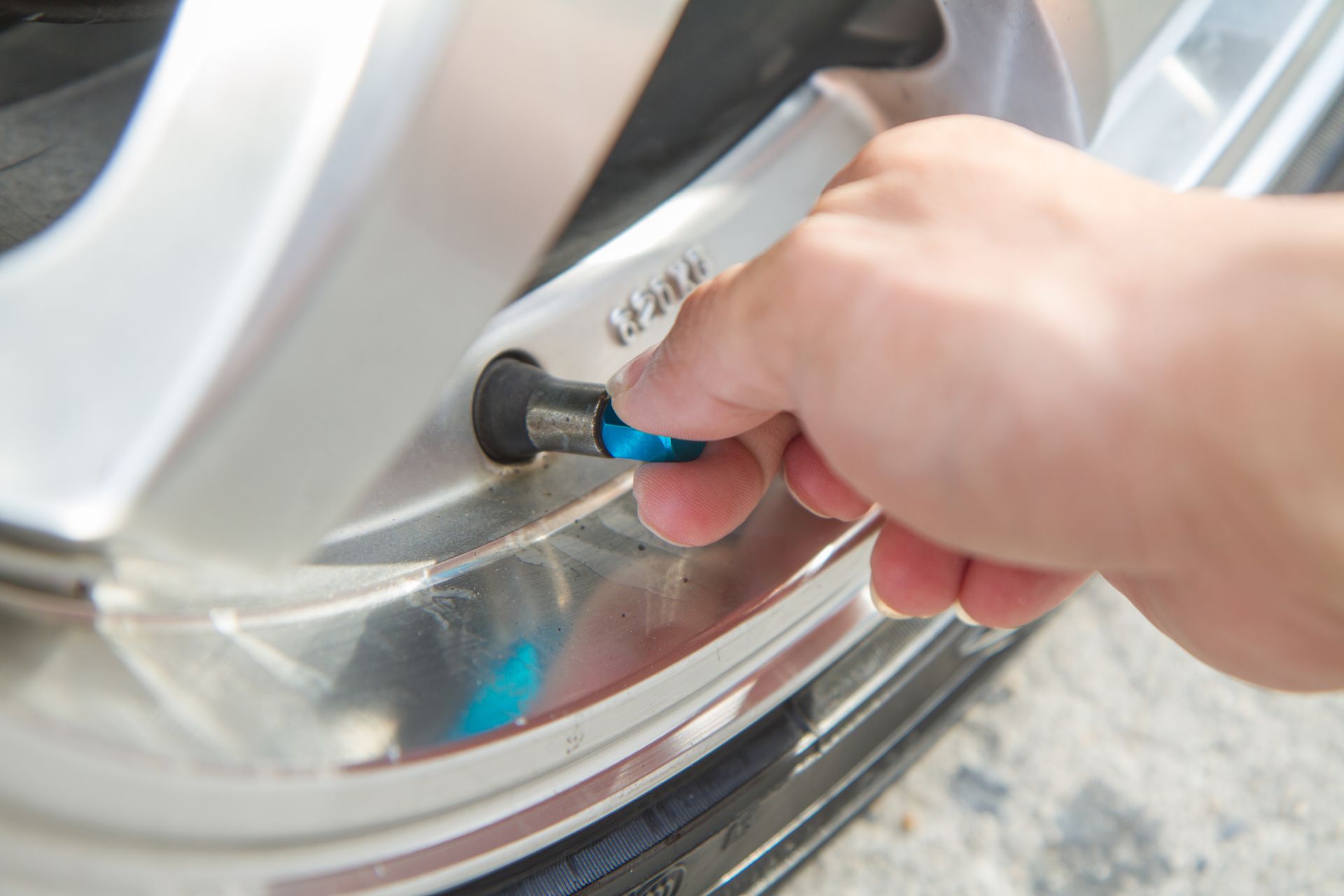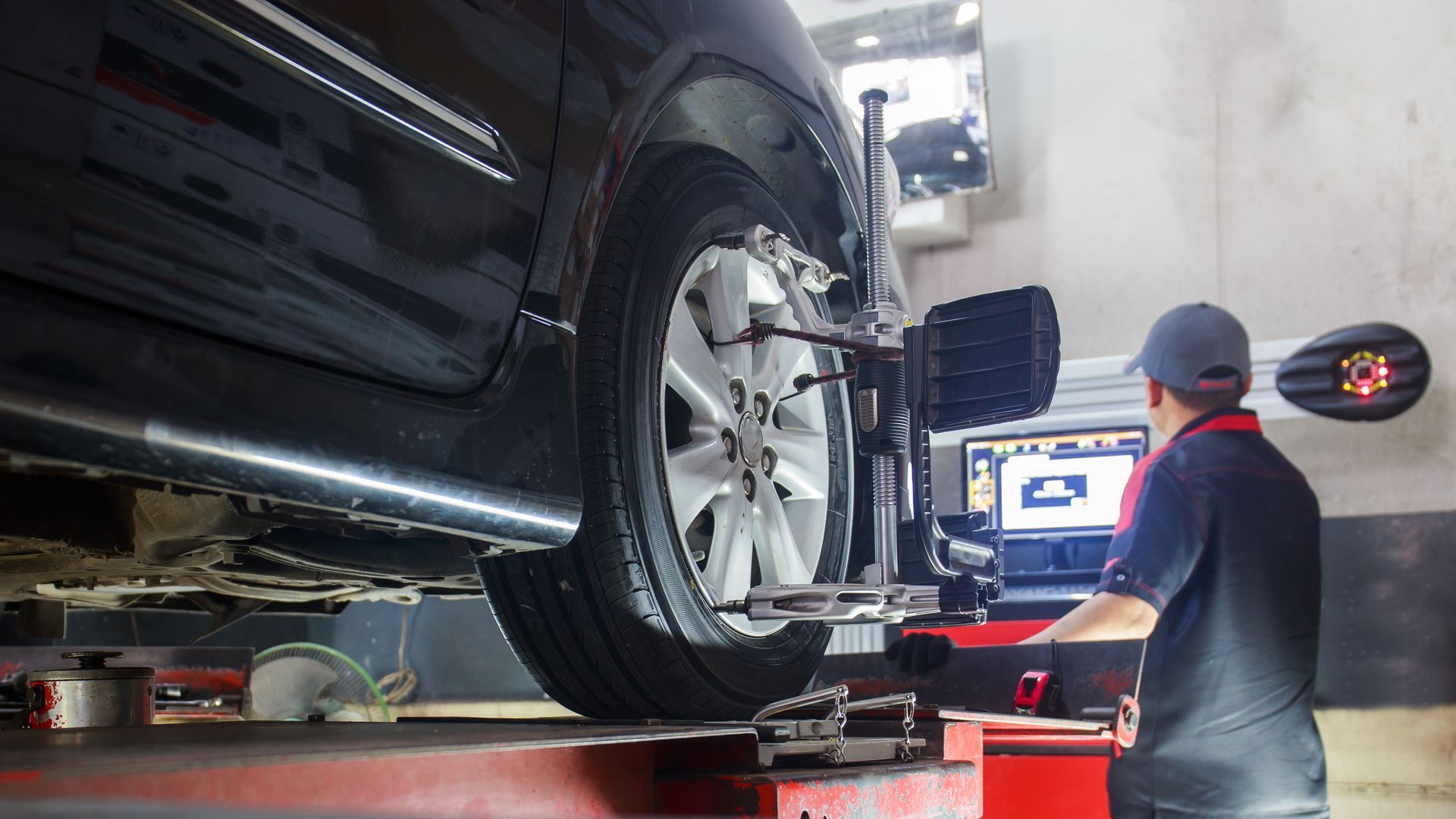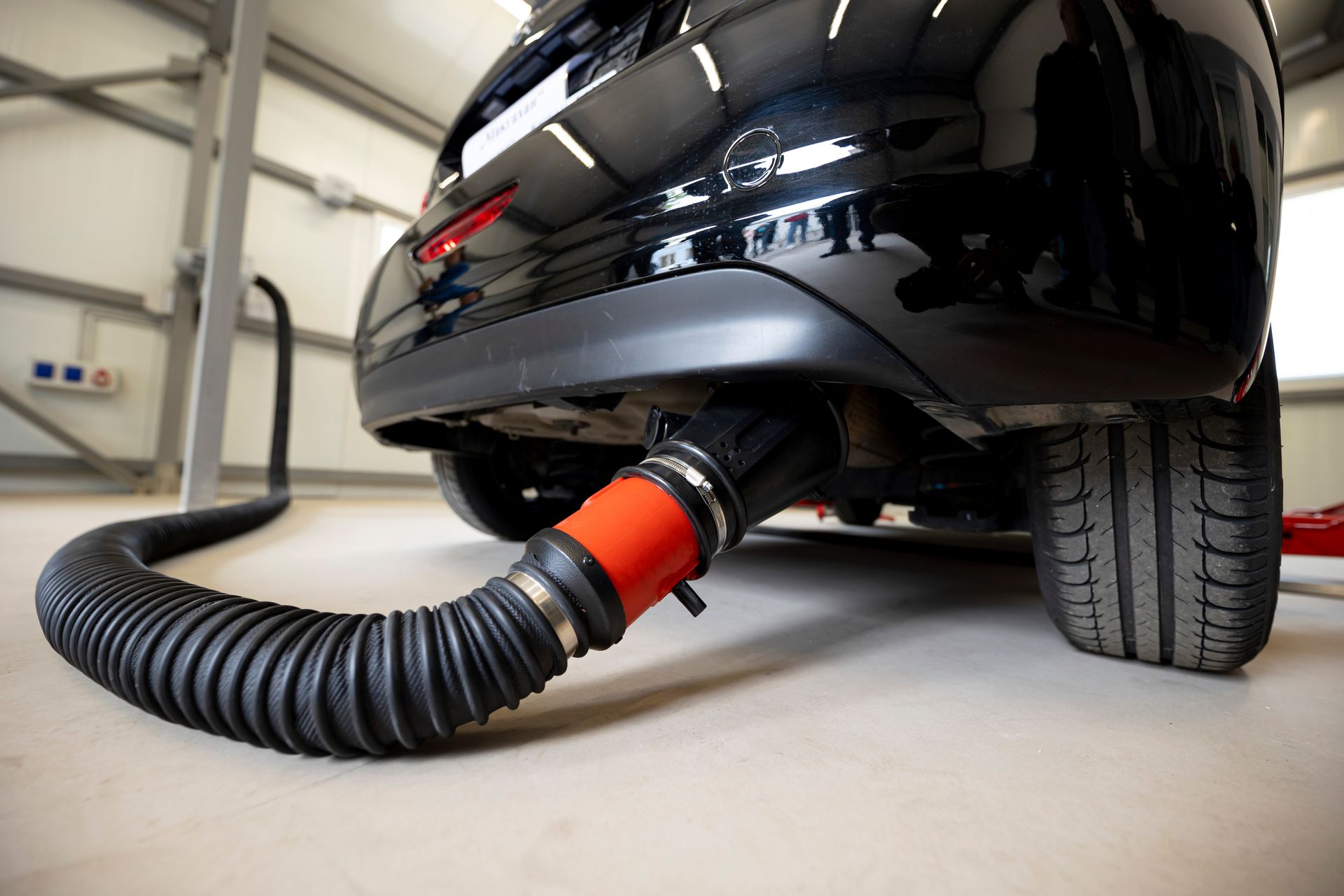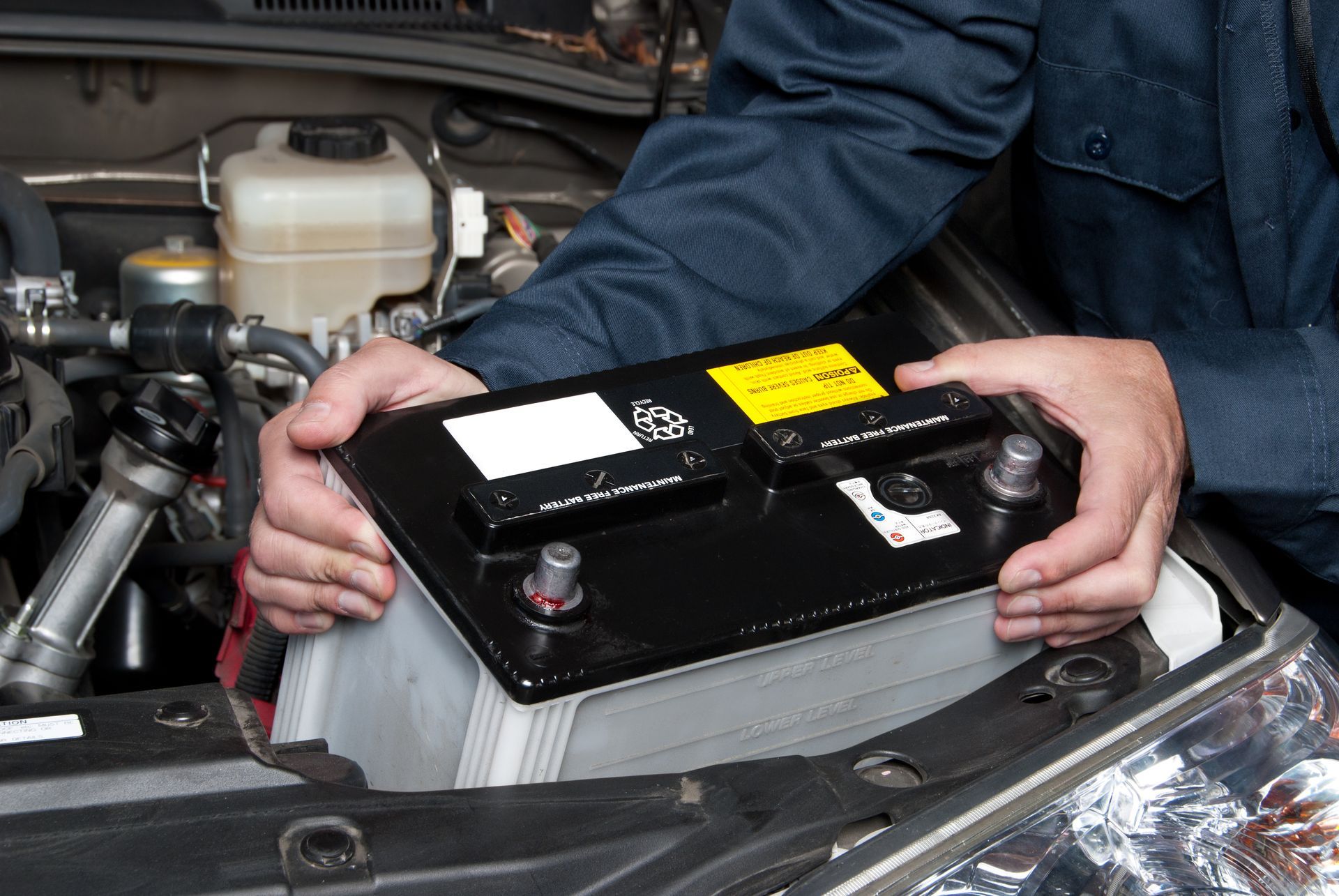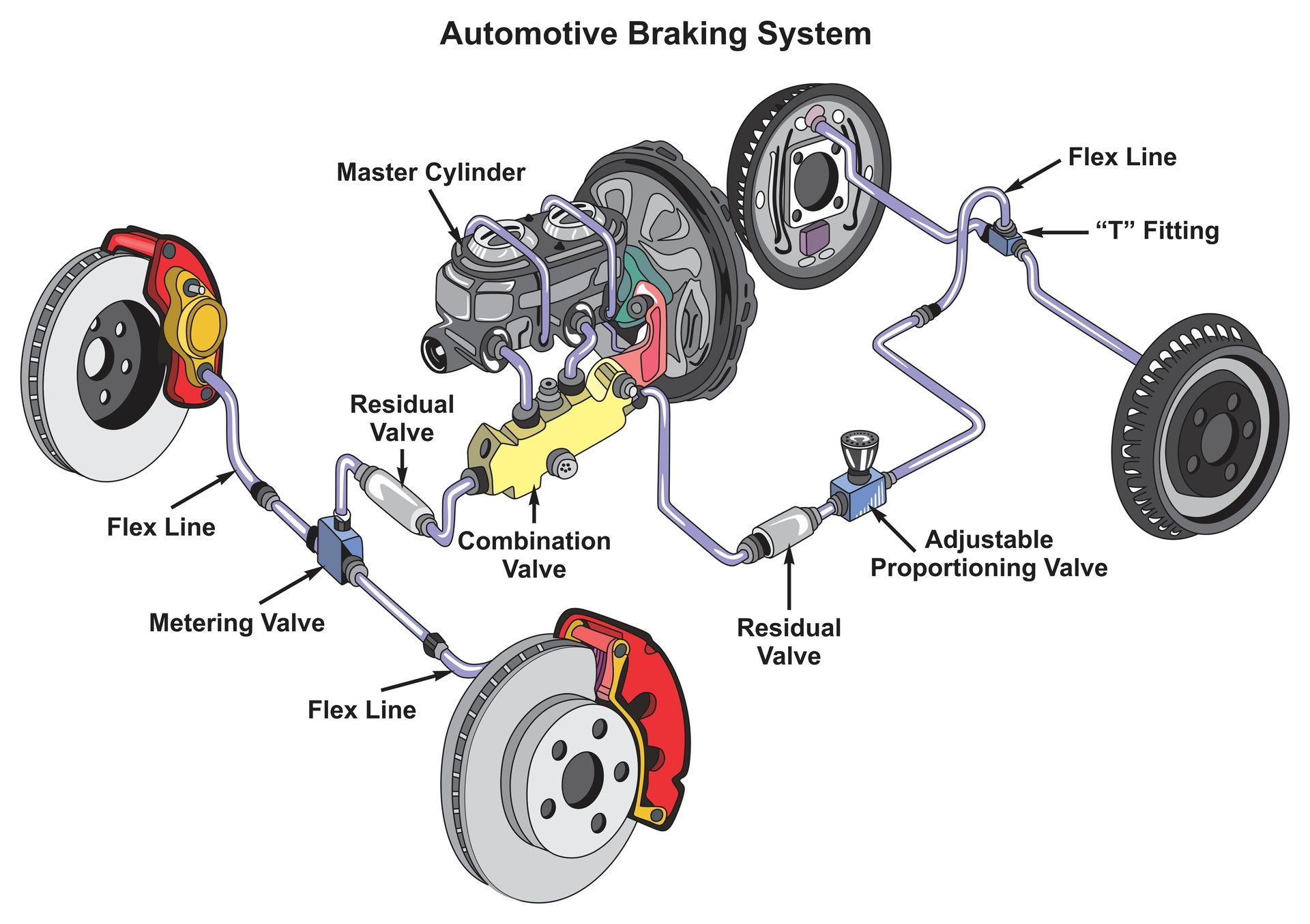Car diagnostics are crucial in modern vehicle maintenance and ensure optimal performance and longevity. Diagnostic tools have revolutionized how we diagnose and address automotive issues using advanced technologies and onboard systems.
What is a Car Diagnostic?

The heart of a car diagnostic lies in the Onboard Diagnostics (OBD) system, which is present in most modern vehicles. The OBD system constantly monitors various components and subsystems of the car, collecting data through sensors.
These sensors measure multiple parameters, including engine RPM, oxygen levels, temperature, etc. The vehicle’s onboard computer then analyzes the data collected, which interprets the information and generates Diagnostic Trouble Codes (DTCs) when an issue is detected.
Common Diagnostic Tools for Cars
Mechanics and car enthusiasts use various diagnostic tools to access the valuable data the OBD system provides. One such tool is the OBD-II scanner, a handheld device that connects to the OBD port in the car and retrieves DTCs along with real-time data.
Additionally, diagnostic software can be used with a computer to perform in-depth analysis and provide a comprehensive report on the vehicle’s health. For more complex issues, multimeters and oscilloscopes come into play, allowing technicians to measure voltages, currents, and waveforms to diagnose intricate electrical problems.
The Role of Diagnostics in Vehicle Maintenance
Car diagnostics are a crucial aspect of vehicle maintenance, helping car owners identify potential issues before they escalate into major problems. Regularly checking and interpreting the DTCs can catch minor malfunctions early, allowing for timely repairs and preventing costly breakdowns. Moreover, a car diagnostic enables effective preventive maintenance, helping drivers stay on top of routine servicing and part replacements, ultimately contributing to the vehicle’s longevity.
Benefits of Utilizing Diagnostic Tools
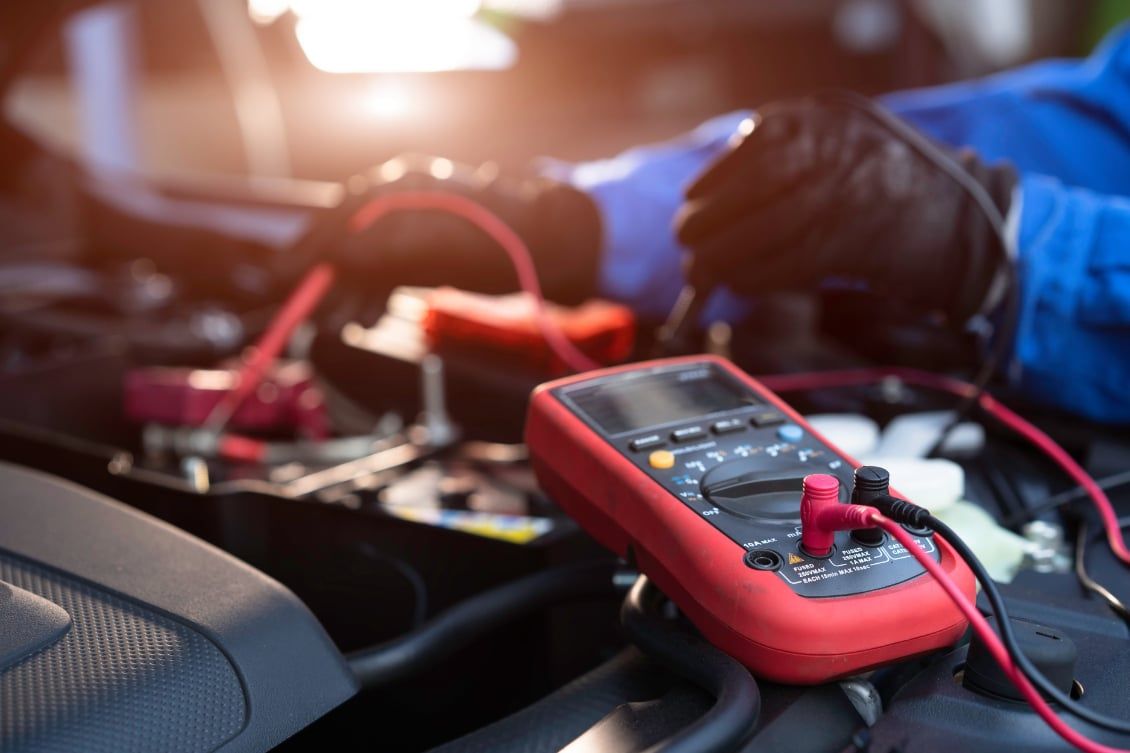
The implementation of car diagnostics in modern vehicles brings forth a plethora of benefits. Firstly, it leads to enhanced performance and improved fuel efficiency. When the car’s components operate optimally, fuel consumption decreases, saving both money and the environment by reducing carbon emissions.
Additionally, diagnostic tools can detect faulty emission systems, ensuring vehicles comply with environmental regulations and contribute to cleaner air. Furthermore, they aid in identifying potential safety issues, such as malfunctioning brakes or airbags, promoting safer driving conditions for everyone on the road.
Diagnosing Car Problems at Home
Thanks to advancements in technology and the availability of resources, simple diagnostics can now be performed at home by car owners. Understanding the basic steps of a DIY diagnostic process empowers enthusiasts to take control of their vehicle’s health.
Additionally, knowing how to interpret DTCs can provide valuable insights into the nature of the problem, guiding car owners in deciding whether it’s a simple fix they can handle or a situation that requires professional attention. However, it is essential to exercise caution and adhere to safety precautions while conducting at-home diagnostics to avoid any accidents or injuries.
When to Seek Professional Help
While DIY diagnostics have their advantages, specific car issues may require the expertise of a professional mechanic. Complex electrical problems, manufacturer-specific diagnostics, and cases where in-depth knowledge and specialized tools are necessary call for a visit to the repair shop.
Additionally, some vehicles have advanced diagnostic systems requiring specialized training to interpret and address accurately. In such situations, it’s best to trust the expertise of experienced technicians to ensure the problem is diagnosed and fixed correctly.
Future of Car Maintenance
As technology continues to advance, the future of vehicle maintenance looks promising. Car manufacturers increasingly incorporate telematics and connectivity features into their vehicles, enabling real-time data transmission to a centralized server. This allows for remote diagnostics and over-the-air updates, minimizing the need for physical visits to repair shops. Moreover, artificial intelligence (AI)-based diagnostics are on the horizon, capable of analyzing vast amounts of data and making highly accurate predictions about potential issues, revolutionizing how car maintenance is carried out.
Diagnostic tools have transformed how we approach vehicle maintenance, empowering car owners and technicians with valuable insights into their vehicle’s health. Utilizing the OBD system and various diagnostic tools can detect issues early, improve performance, and ensure safer, more efficient driving. As technology advances, the future holds even greater possibilities, promising a seamless and connected driving experience for all.
Discover the Annie’s Auto
Visit us in Cleveland and experience our exceptional car diagnostics services. Whether you need routine maintenance, a comprehensive diagnostic check, or expert repairs, we’ve got you covered. Don’t let car issues hold you back. Trust Annie’s Auto to get you back on the road with confidence. Contact us today on our website to schedule an appointment or learn more about our services.

